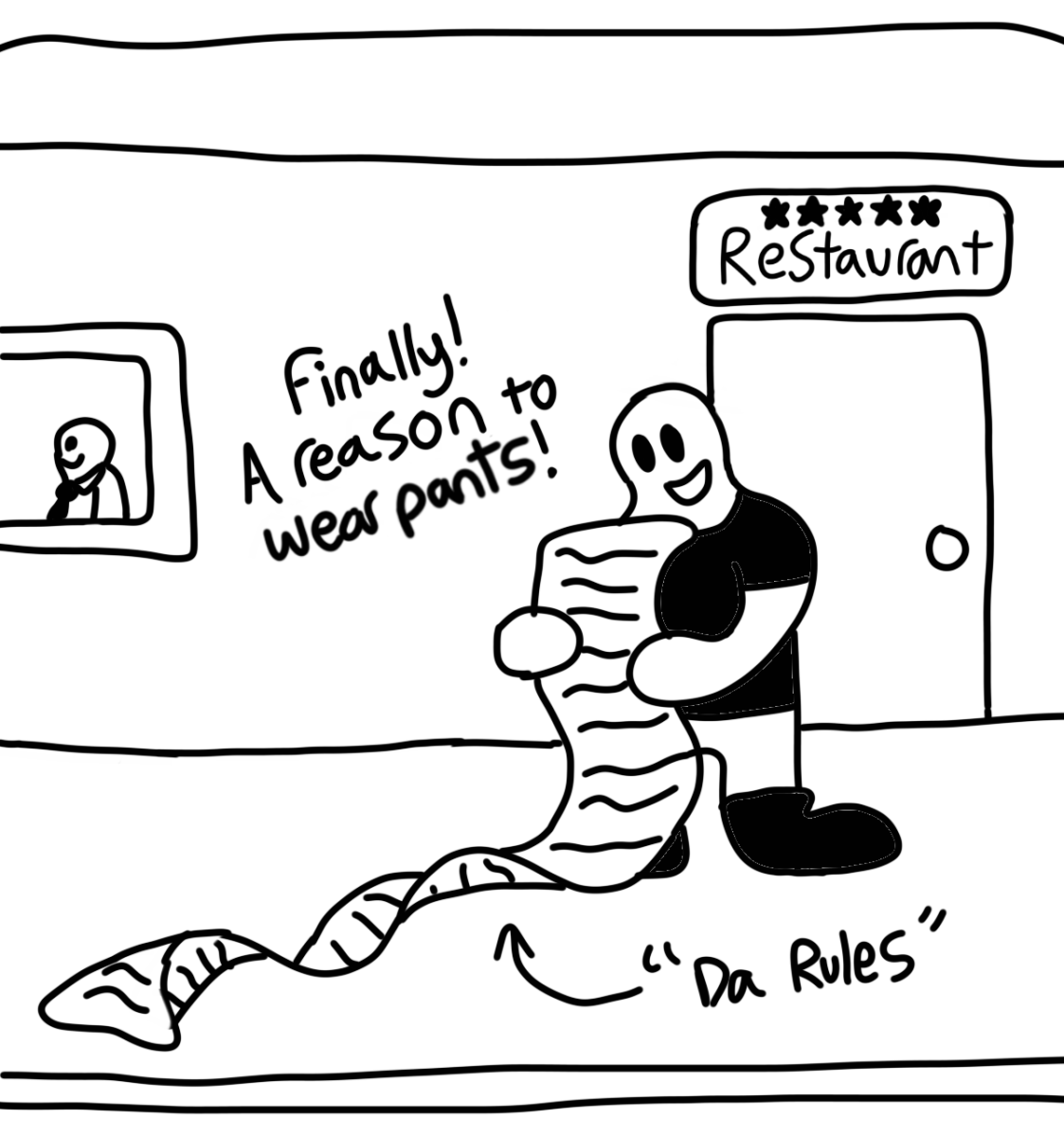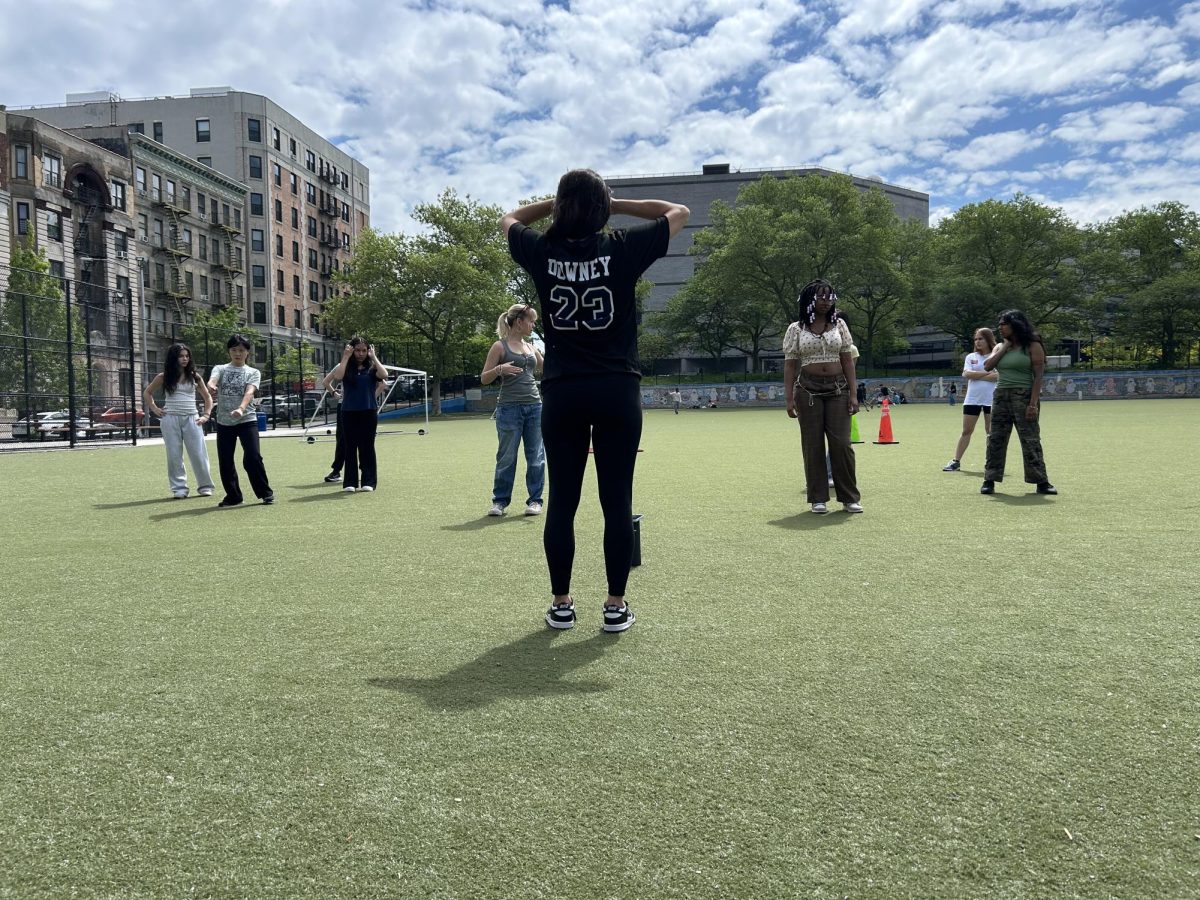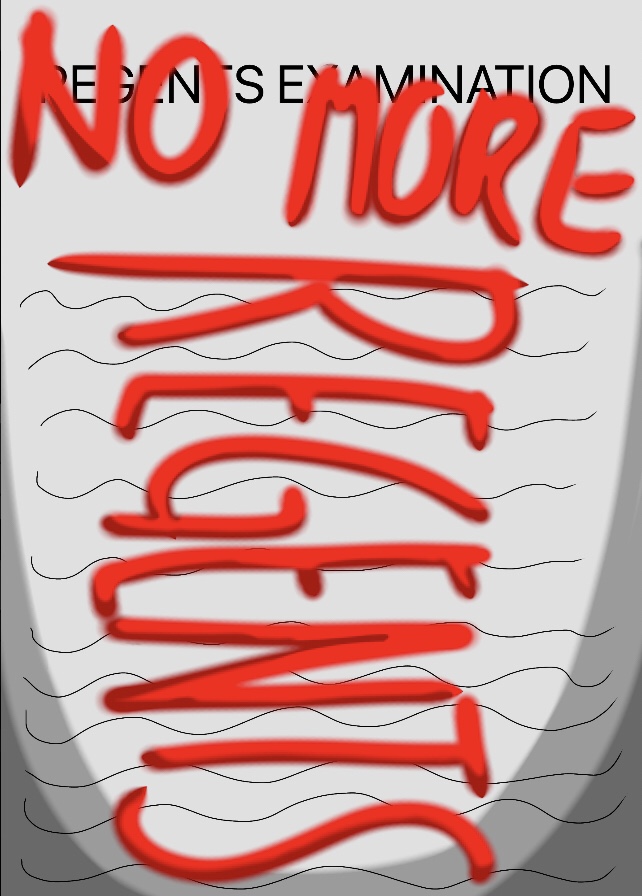Over the course of the past year, you might have heard rumors about the potential end of the Regents exams. On November 4th, the New York State Education Department (NYSED) confirmed that they plan to phase out Regents and drop the Regents exam requirement for high school students in the 2027–2028 school year. This marks a very radical shift from the standardized test-focused education system we’ve been raised in. The first Regents exams were administered in 1865 as high school entrance exams, and have been used as a graduation requirement since 1878. Regents have been a key part of New York high school education for the past 150 years, so what will this radical shift mean for students?
Currently, there are four main types of diplomas for New York State: Regents, Regents with honors, Regents with advanced designation, and local diplomas. These are used to differentiate students’ academic achievements and all require students to pass at least four Regents exams. The state now plans to use alternative areas to measure student achievements, such as community service, internships, and capstone projects. According to Chalkbeat New York, “State education officials have been rethinking what it should take to earn a high school diploma in recent years, sketching out a new ‘portrait of a graduate’ that reflects areas over which students must show proficiency.” Additionally, due to federal rules, schools will continue to offer Regents in math, science, and English but passing scores will not be required, exams will only be used for students to receive seals of endorsement on their diplomas. According to NY Daily News, full details about this new plan will likely not be released until the start of the 2025–2026 school year and this plan will not go into effect until January 2028.
This change comes with very mixed opinions statewide. David Bloomfield, a professor of education law and policy at Brooklyn College and the CUNY Graduate Center, believes that “Pressure on schools to increase graduation rates could shortchange students their education if teachers and principals let them graduate before they are ready.” The Regents are currently a way for the state to know that every high school graduate has received a certain standard of education. Once they are no longer required, concerns are that there will no longer be a way for this standard to be ensured.
On the other hand, many people believe that the phasing out of Regents exams will give more freedom to schools to choose more interesting classes. Also, testing is not the most accurate measure of academic achievement for all students and can act as a barricade for students who know a subject well but don’t perform well during tests. According to Shannon Logan, Director of Standards, Instruction and Educational Technology at the state Education Department, “What we’re looking for is more ways for students to show what they know, rather than more requirements.” With all of these opinions in mind, this new plan definitely opens up many doors for students, it is just important to ensure that the new plan is organized and able to better reflect students’ knowledge.
So, what does this mean for students? For MSE students, this change will likely begin affecting students in the 2027–2028 school year. The last regents that will be required for graduation will be the ones taken in August of 2027. It will mean less of a focus on memorization and prep for exams and more focus on project-based assessments.
Many other states have already removed—or are trying to remove—exams as graduation requirements and currently, only seven states still require standardized testing to graduate. On November 5th, Massachusetts ruled to remove their state testing requirement as well, and Florida and New Jersey are also attempting to remove theirs. This could reflect a larger movement away from standardized testing use, which can also be seen in the increase of the test-optional policy in college applications. This reflects a more universal movement towards different measures of student knowledge in general and finding more accurate and fair ways to assess student ability apart from test scores.





















